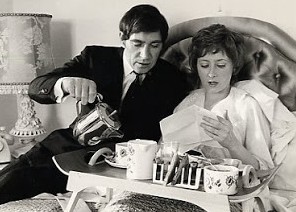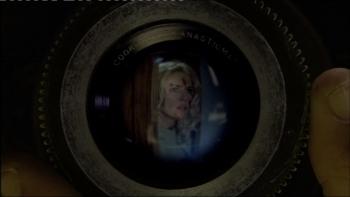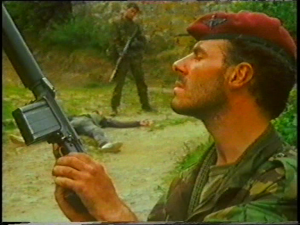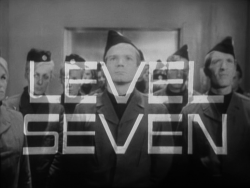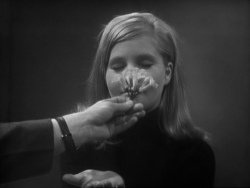by DAVID ROLINSON
Play for Today Writer: Roy Minton; Producer: Mark Shivas; Director: Alan Clarke
“This place gets more like a bleeding madhouse every day…”
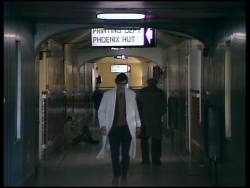 Funny Farm depicts a night shift by nurse Alan Welbeck (Tim Preece) on a psychiatric ward. As reviewer James Scott put it, the play comments on “conditions in our mental hospitals – understaffing, overwork, bad pay, old inadequate buildings” and unsatisfactory “patient treatment and cure”, points which are heightened by the play’s “understatement” and rejection of “sensationalism and sentimentality”.1 Dennis Potter praised this “gentle and observant drama” as “Beautifully acted, compassionately written and intelligently directed”.2 The play also dramatises writer Roy Minton’s contention that “Psychiatric therapy is fundamentally an agent for the state”,3 and provides an example of Minton’s productive collaboration with director Alan Clarke. My book Alan Clarke didn’t have a chapter on Funny Farm in its own right – I discussed it only in relation to other collaborations and tendencies across Clarke’s work. This essay aims to correct that omission, and features some new research findings.
Funny Farm depicts a night shift by nurse Alan Welbeck (Tim Preece) on a psychiatric ward. As reviewer James Scott put it, the play comments on “conditions in our mental hospitals – understaffing, overwork, bad pay, old inadequate buildings” and unsatisfactory “patient treatment and cure”, points which are heightened by the play’s “understatement” and rejection of “sensationalism and sentimentality”.1 Dennis Potter praised this “gentle and observant drama” as “Beautifully acted, compassionately written and intelligently directed”.2 The play also dramatises writer Roy Minton’s contention that “Psychiatric therapy is fundamentally an agent for the state”,3 and provides an example of Minton’s productive collaboration with director Alan Clarke. My book Alan Clarke didn’t have a chapter on Funny Farm in its own right – I discussed it only in relation to other collaborations and tendencies across Clarke’s work. This essay aims to correct that omission, and features some new research findings.

